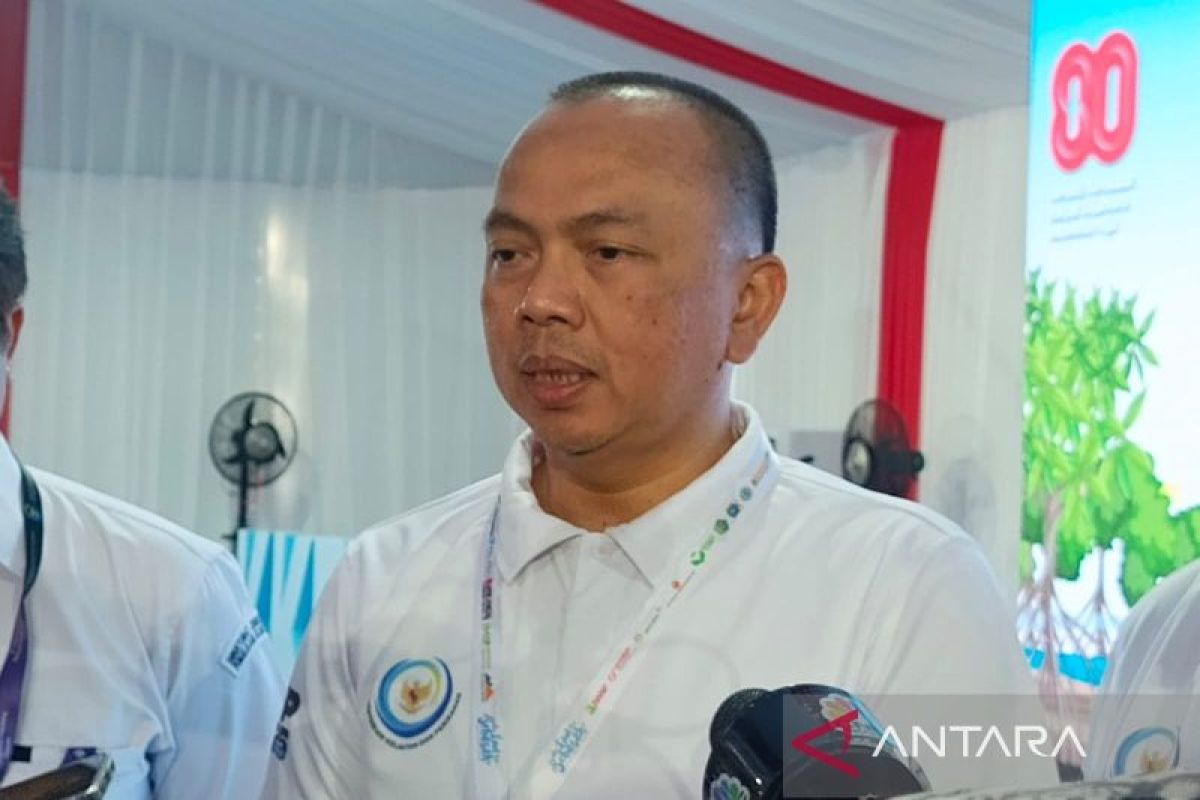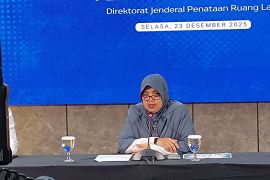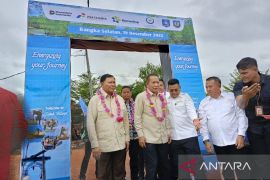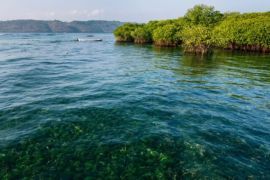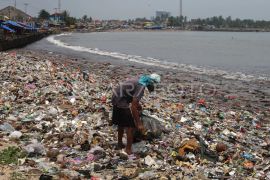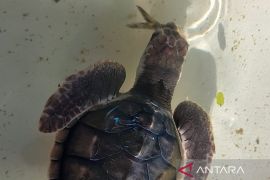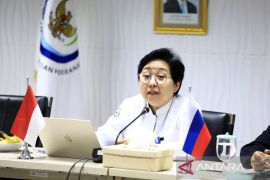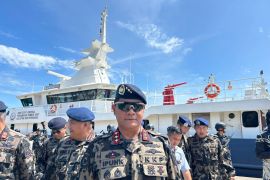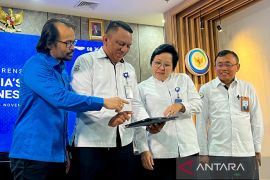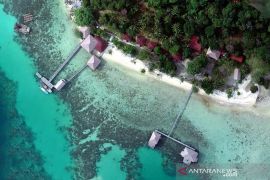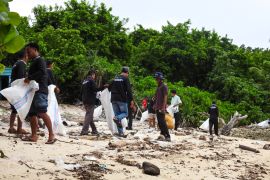The collaboration was formalized through a memorandum of understanding between the Kupang National Marine Conservation Area Center (BKKPN) under the Directorate General of Marine Management, and Undip’s Faculty of Fisheries and Marine Science (FPIK).
Director General of Marine Management at KKP Koswara said the partnership will enhance research, education, and capacity-building for both conservation area managers and students. He added that the initiative aligns with the ministry’s blue economy policy, which promotes sustainable marine and spatial management.
“The collaboration with Undip is a strategic step to advance research, education, and human resource development for conservation and marine sustainability,” Koswara said in Jakarta on Friday.
Head of BKKPN Kupang, Imam Fauzi, said the cooperation covers research and education development, capacity-building, and marine data collection and improvement. The partnership will be evaluated annually, with quarterly monitoring sessions to ensure accountability.
Dean of FPIK Undip Agus Trianto said government–university synergy is vital to address challenges such as coral bleaching, sustainable fishing, marine waste management, and conservation governance. He expressed hope the partnership could serve as a model for other maritime regions in Indonesia.
Marine Affairs and Fisheries Minister Sakti Wahyu Trenggono emphasized that Indonesia’s strategic geography requires a stronger blue economy framework for national development.
Related news: Minister urges faster rollout of Indonesia's blue economy programs
He described the blue economy as an approach that promotes innovation and sustainability in using marine and coastal resources.
Trenggono warned that the projected 30 percent rise in the global population by 2050 will strain land-based food supplies, making oceans the future of food security.
“We must start relying on food sources from the sea—blue food,” he said in Semarang on Wednesday (October 8), adding that the ocean offers more than 2,500 edible species rich in protein, low in carbon emissions, and environmentally sustainable.
Through the KKP–Undip collaboration, the government seeks to strengthen scientific, effective, and sustainable marine resource management to support food security and drive growth in Indonesia’s blue-based economy.
Related news: Indonesia has solid foundation for blue economy growth: minister
Translator: Primayanti
Editor: Rahmad Nasution
Copyright © ANTARA 2025
